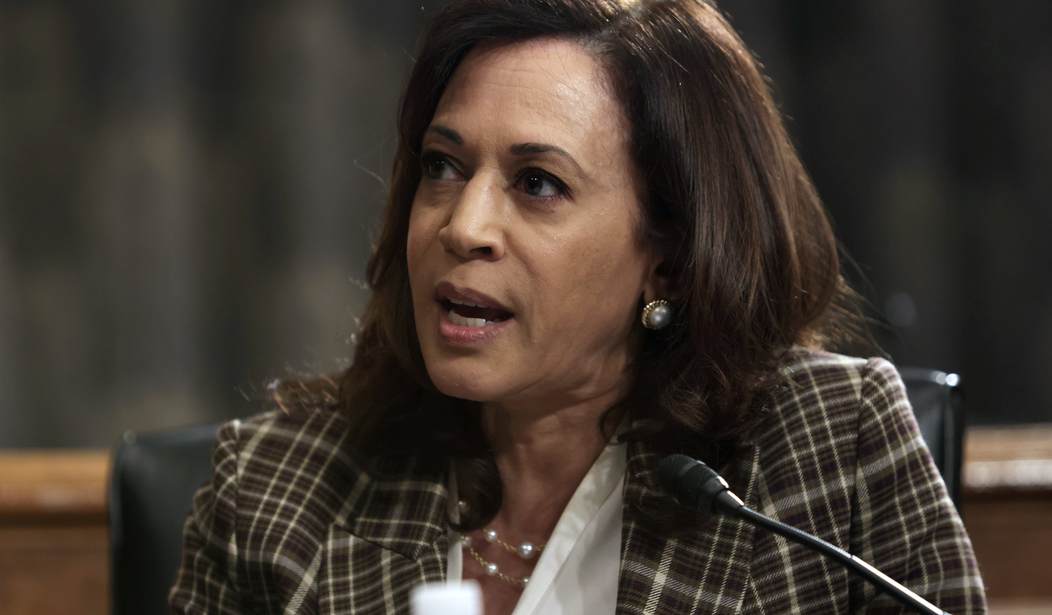It should be noted at the outset that this is not a “conspiracy theory.” There is nothing conspiratorial about it. It’s actually something that liberals find so distasteful they rarely engage in it.
It’s a discussion about the Constitution.
What does the Constitution say about the eligibility of Kamala Harris to hold the office of vice president of the United States? Harris was born in Oakland, California. For many, that would seem to end the discussion right there. She is a “natural-born citizen” by virtue of her birthplace and the Fourteenth Amendment, and no power on earth says otherwise, right?
Not so fast, says Claremont University law professor John Eastman. Tradition and custom may say one thing, but the Constitution actually says another.
The language of Article II is that one must be a natural-born citizen. The original Constitution did not define citizenship, but the 14th Amendment does—and it provides that “all persons born…in the United States, and subject to the jurisdiction thereof, are citizens.” Those who claim that birth alone is sufficient overlook the second phrase. The person must also be “subject to the jurisdiction” of the United States, and that meant subject to the complete jurisdiction, not merely a partial jurisdiction such as that which applies to anyone temporarily sojourning in the United States (whether lawfully or unlawfully).
Indeed, we may claim that anyone born here is automatically a citizen regardless of any other circumstances, but as Eastman points out, “the Supreme Court has never held that anyone born on U.S. soil, no matter the circumstances of the parents, is automatically a U.S. citizen.”
Harris’s father was Jamaican and her mother was Indian. At the time of Kamala Harris’s birth in 1964, neither parent was a “lawful permanent resident,” thus, they were not subject to the “complete jurisdiction” of the U.S. government, making Harris’s eligibility to become vice president an open question.
It’s a legal hair, to be sure — and a pretty thin one at that. But there is precedent.
Granted, our government’s view of the Constitution’s citizenship mandate has morphed over the decades to what is now an absolute “birth on the soil no matter the circumstances” view—but that morphing does not appear to have begun until the late 1960s, after Kamala Harris’ birth in 1964. The children born on U.S. soil to guest workers from Mexico during the Roaring 1920s were not viewed as citizens, for example, when, in the wake of the Great Depression, their families were repatriated to Mexico. Nor were the children born on U.S. soil to guest workers in the bracero program of the 1950s and early 1960s deemed citizens when that program ended, and their families emigrated back to their home countries.
No court in the United States would rule on the issue. They can always dodge the question by claiming that the plaintiff has “no standing.” And in this case, tradition and custom, not to mention regular practices, would make the question of Harris’s eligibility an interesting footnote in history — nothing more.
But even raising the issue will brand me a “conspiracy theorist,” despite the plain and obvious fact that there is no conspiracy to theorize about. It’s buried in the genius that is our Constitution and if that’s a “conspiracy theory,” blame the Founders.










Join the conversation as a VIP Member